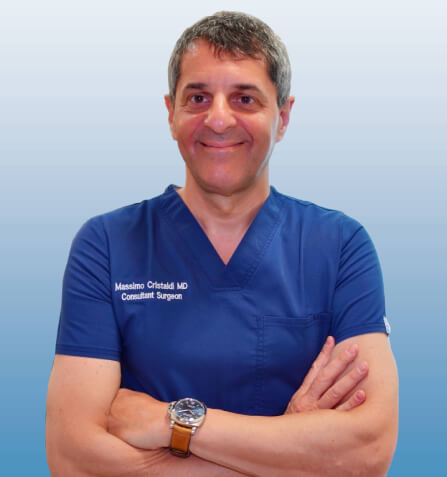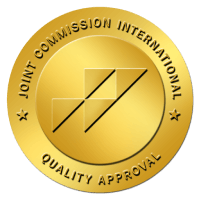GASTROINTESTINAL MOTILITY STUDIES & 24-HOUR PH MONITORING
The gastrointestinal tract (GI tract) extends from the mouth to the anus and includes the esophagus, stomach, and small and large intestine. Each section plays a specific role in the digestion of food. Problems at any of these organs can hamper the process of digestion and lead to various GI disorders. Below are two tests performed to study the functionality of the tract, which will help diagnose various digestive disorders.
Gastrointestinal Motility Studies
The walls of the tract contain muscles that contract and relax rhythmically (peristaltic movement) to grind and mix food, and push food down the tract. The movement or motility of each segment differs according to its function. To ensure the one-way movement of food, special muscles called sphincters are present at each segment of the tract. Different motility studies are performed to investigate movement patterns in different segments. A few have been described below.
- Esophageal Manometry: The peristaltic movement along the esophagus pushes food from the mouth into the stomach. The lower esophageal sphincter (LES) muscles at the junction prevent the backflow of digested food from the stomach into the esophagus. Esophageal manometry is performed to measure the motility of the esophagus. Under anesthesia, your doctor places a narrow tube through your nose into your esophagus and instructs you to swallow. The tube has sensors along its length, which measure the force of muscle contractions, as well as LES muscle pressure.
- Gastric Emptying Study: Powerful muscle contractions in the stomach breakdown and churn food, and are emptied from the stomach into the small intestine. The gastric emptying test measures the speed at which food exits the stomach and is indicated for delayed or altered emptying. Gastric emptying may be observed by endoscope (long lighted tube with camera) inserted into the stomach through your mouth. A radioactive substance is consumed with food and traced by the special camera of the scope as it leaves the stomach.
- Small Bowel Manometry: Contractions of the small intestine mix food, transport it into the large intestine and clear the small intestine of any remnants during fasting. Similar to esophageal manometry, this procedure uses a long tube which passes through the mouth, esophagus and stomach into the intestine. The pressure sensors on the tube measure the force of muscle contractions.
- Colonic Transit Time: This study examines the progression of food through the large intestine. You are instructed to swallow a capsule with a marker detectable with X-ray imaging on three consecutive mornings. Plain X-rays are then performed on the next day and three days later. The number of markers seen at different intervals determines the transit time.
24-hour pH Monitoring
Reflux or backflow of the acidic contents of the stomach into the esophagus can occur due to dysfunctional LES muscles. This can lead to a condition called gastro esophageal reflux disease (GERD) which slowly damages the esophagus and can lead to esophageal cancer. To determine the extent of gastro esophageal reflux, a 24-hour pH monitoring test may be performed.
Prior to the test, you are asked to gradually withdraw from all acid-regulating medication and fast for a period of 4-6 hours.
During this test your doctor places a thin tube through your nose and down your esophagus. The tip of the tube has a sensor that can detect acidity levels, and is positioned around 2 inches above the LES. The other end of the tube is taped to the side of your face and connected to a portable recording device fixed to your belt or shoulder. The device stays in for a period of 24 hours and has buttons to indicate activities such as eating and sleeping. The test results measure the level of acidity and amount of stomach content refluxing into the esophagus and determine the presence and severity of gastro esophageal reflux disease.






